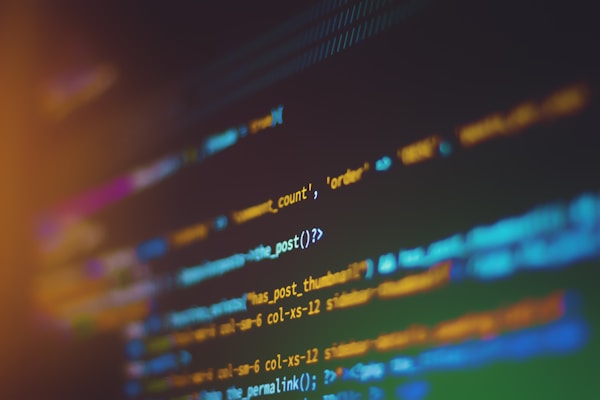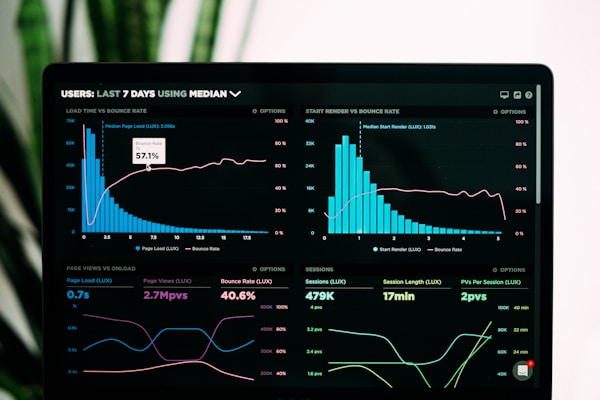Data science is the process of extracting insights and knowledge from data. This can be done through statistical analysis, machine learning, and other techniques. Data science can help you understand your data better and make better decisions as a result.
There are many techniques and strategies that can be useful in the data science realm, including Python. If you’re thinking of hiring a Python development company for your business data science needs, you should first do some research about this computer language. Keep reading to learn more about Python and its uses for data science.
What is Python?

Python is a programming language with many characteristics, such as an intuitive syntax and powerful data structures, which can lead to efficient code. It was created in 1989 by Guido van Rossum, who remains its principal author. Python is used in a wide variety of domains, including scientific computing, data analysis, web development, artificial intelligence, and system administration. It has also gained a large following in the open-source community.
The design of the Python language has been driven by significant practical considerations. For example, Python was created to be easy to learn and use yet powerful enough to handle large projects. It integrates well with other languages and tools, and it runs on a variety of platforms. Python adopts an imperative programming style, but it also supports object-oriented, functional, and other styles. This flexibility helps make Python a popular choice for both scripting and application development.
One of the most notable features of Python is its extensive standard library, which includes modules for working with dates and times, text, files, internet resources, email, cryptography, random numbers, and more. This library is free and open source, and it is also included with Python releases.
Python is an interpreted language, which means that code is run directly from the source code. This makes Python quick to execute and easy to learn. Python also has a large and active community that creates libraries and tools to make development easier.
How is Python useful for data science?

Python is excellent for data science because it has a number of features that make it well suited for the task. These include a powerful scientific computing library called NumPy, support for data visualization, and an active community that creates libraries and tools for data science.
NumPy is a key library for data science in Python. It provides support for powerful mathematical operations on arrays, making it easy to perform sophisticated calculations on large data sets. The library also includes functionality for creating and manipulating matrices, which can be useful for data analysis.
Python also has a number of libraries for data visualization. These libraries make it easy to create charts and graphs that help you understand your data. The matplotlib library is particularly powerful and allows you to create sophisticated visualizations with just a few lines of code.
Finally, Python’s active community creates libraries and tools that are useful for data science. These include libraries for data cleaning, feature extraction, and machine learning. These libraries make it easier to do data science tasks and can save you a lot of time and effort.
How do you choose the best Python developer?

There are many important factors to consider when choosing a Python developer. First, you should consider the developer’s skill level. It’s important to find someone who is experienced in Python and has a good understanding of the language’s syntax and semantics. You should also find out if the developer has any experience with the specific technologies and frameworks that you are using in your project.
Another important consideration is the developer’s communication skills. You’ll want to find someone who is a good communicator and is able to effectively collaborate with your team. The developer should also be able to understand your requirements and translate them into code.
You also need to consider the developer’s personality and work style. You’ll want to find someone who is a good fit for your team and is able to work well with others. You should also find out if the developer is proactive and takes initiative or if they prefer to be told what to do.
Finally, you should consider the developer’s cost to find someone who is within your budget. You should also ask the developer for references and speak to other people who have worked with them to get a sense of their work quality and professionalism.

